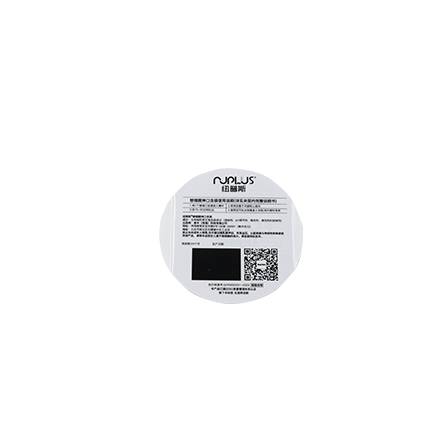

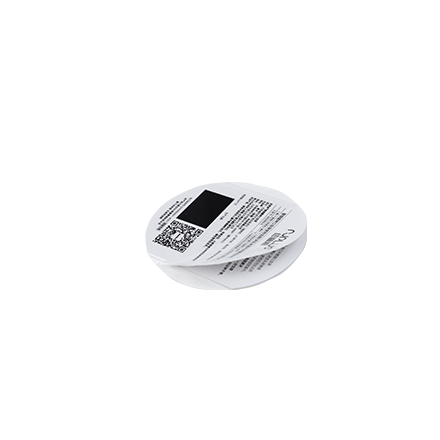
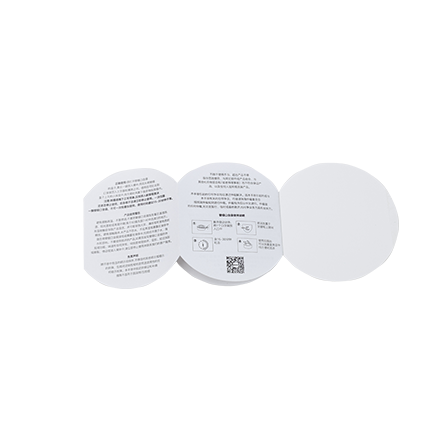
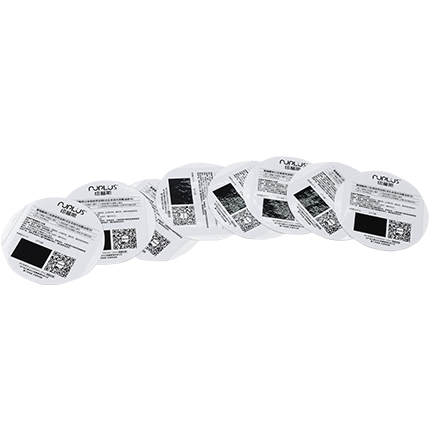
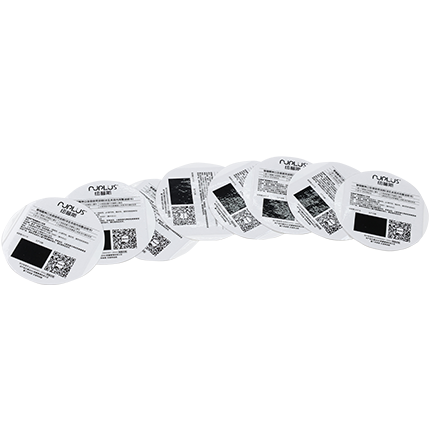 Custom Business Labels are personalized product identifiers designed to align with a brand’s identity through unique colors, fonts, logos, and product details. These labels go beyond generic solutions, offering tailored branding and functional integration for diverse business needs.
Custom Business Labels are personalized product identifiers designed to align with a brand’s identity through unique colors, fonts, logos, and product details. These labels go beyond generic solutions, offering tailored branding and functional integration for diverse business needs.
Personalized Design
Break away from standard templates with custom colors, fonts, logos, and product-specific information.
Ensure every label reinforces brand consistency and visual appeal.
Versatile Specifications
Support custom shapes (e.g., circular, square, or irregular), sizes, and finishes (e.g., matte, glossy, metallic).
Precisely match packaging requirements for seamless integration.
Functional Integration
Embed barcodes, QR codes, serial numbers, or compliance symbols (e.g., CE, FDA) for traceability and regulatory adherence.
Combine branding with essential product data (e.g., ingredients, usage instructions).
Enhance Brand Recognition
Create memorable visual identities that differentiate products in competitive markets.
Boost Shelf Appeal
Use strategic color schemes, typography, and finishes to attract customers and drive sales.
Meet Compliance Standards
Display safety warnings, expiration dates, or industry-specific certifications to ensure legal and safety compliance.
Streamline Operations
Improve inventory management, production tracking, and logistics with standardized labeling systems.
Manufacturing
Track components through production lines with durable, serialized labels for quality control and recall management.
Retail
Display pricing, promotions, and retailer-specific requirements while enhancing product presentation.
Specialized Sectors
Healthcare/Pharma: Include dosage instructions, batch numbers, and tamper-evident features.
Food & Beverage: Highlight allergens, expiration dates, and nutritional facts.
Chemicals: Use hazard symbols and safety data sheets (SDS) for compliance.
Visual Hierarchy
Prioritize critical information (e.g., brand name, product type) with bold fonts or contrasting colors.
Use whitespace effectively to avoid clutter and improve readability.
Size & Placement
Optimize label dimensions for packaging shape (e.g., cylindrical bottles vs. flat boxes).
Ensure labels adhere securely without obstructing product functionality.
Material Durability
Select weather-resistant, waterproof, or tear-proof materials for outdoor or high-traffic environments.
Choose adhesive types (e.g., permanent, removable) based on application needs.
Flexibility: Adapt labels to any product, packaging, or regulatory requirement.
Cost-Efficiency: Reduce waste by ordering exact quantities and avoiding pre-printed inventory.
Scalability: Easily update designs or information for seasonal campaigns or product launches.
By leveraging custom business labels, brands can elevate their identity, improve operational efficiency, and meet evolving market demands with precision and style.
Let me know if you'd like to refine specific sections or add industry-specific examples!